Dog / Detail
A Dog's Sleeping Position: More Than Just a Snooze
Jonathan Bennet | 11 October 2024 | 12:05
Dogs have a fascinating array of sleeping positions, often leaving their human companions perplexed. From classic curling up to seemingly precarious stances, each position reveals something about a dog's comfort, security, and personality.
One particularly intriguing behavior is the tendency for dogs to place their paws against doors, walls, or other objects. While this might appear unusual or even uncomfortable, it's usually a sign of a dog feeling safe and secure.

Dogs are creatures of habit and often have their own preferred sleeping positions. While some of these positions might seem unusual or even uncomfortable to us, they are usually perfectly normal and healthy for dogs. By understanding the psychology behind these positions and providing a comfortable and safe environment, you can help your dog enjoy a restful and healthy sleep.

The Psychology Behind Unusual Sleeping Positions
- Security and Protection: Dogs are pack animals and often seek out enclosed spaces or positions that provide a sense of security. Placing paws against objects can create a feeling of being surrounded and protected.
- Temperature Regulation: Dogs can adjust their body temperature by changing their position. Placing paws on cool surfaces can help them stay cool during warm weather.
- Joint Comfort: Surprisingly, some dogs might adopt unusual positions to alleviate joint discomfort. Certain positions can help distribute weight evenly and reduce pressure on sore joints.
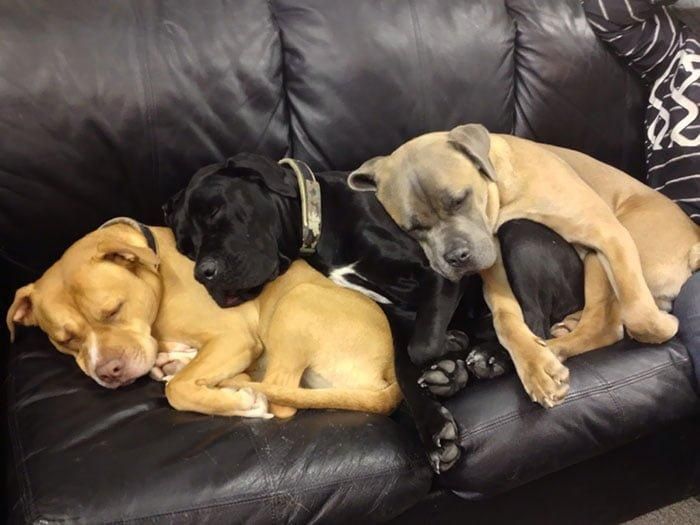
Are These Positions Harmful?
While it might seem counterintuitive, most unusual sleeping positions are not harmful to dogs. Their bodies are designed to be flexible and adaptable, allowing them to sleep in a variety of ways.
However, if you notice your dog consistently adopting a position that seems to cause discomfort or pain, it's a good idea to consult with a veterinarian.
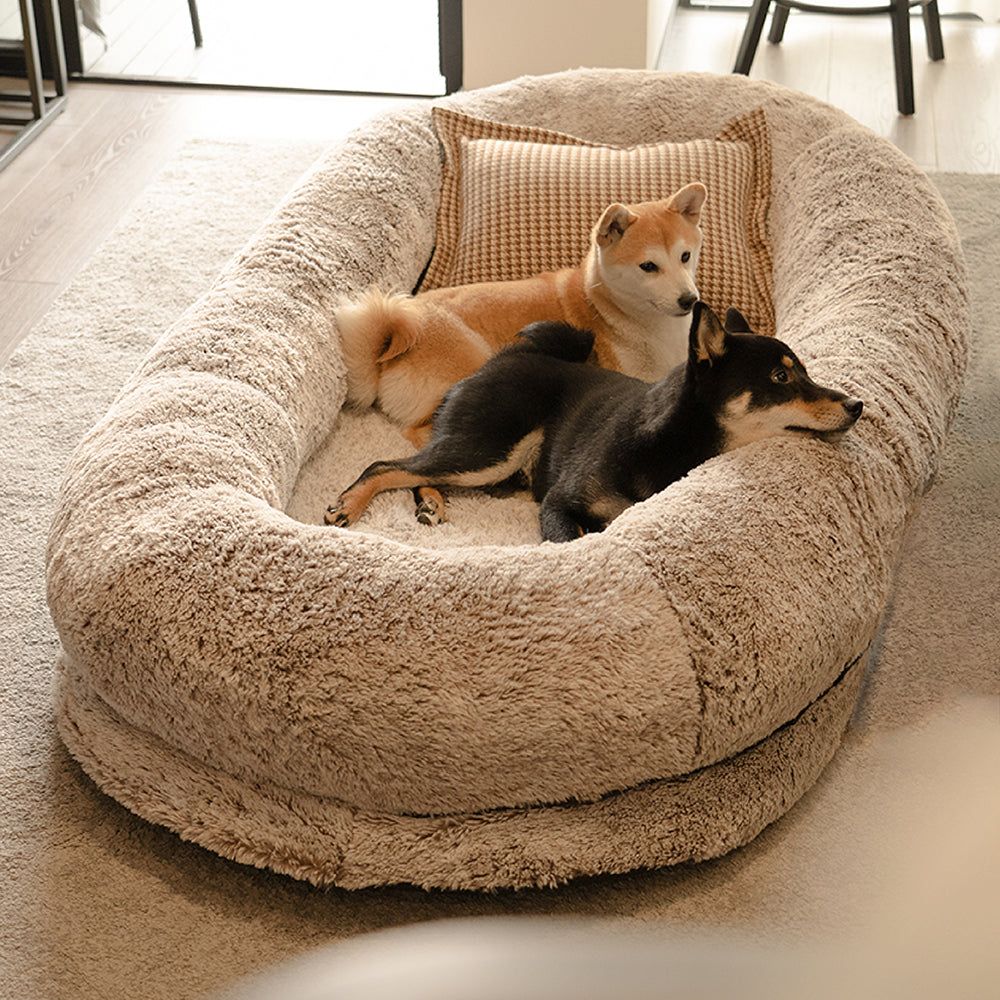
Tips for Promoting Healthy Sleep
- Provide a Comfortable Bed: A soft, supportive bed can help ensure your dog sleeps comfortably and soundly.
- Create a Calm Environment: A quiet, peaceful space can help your dog relax and sleep better.
- Avoid Overheating: Ensure your dog has access to cool, shaded areas during hot weather.
- Regular Exercise: Regular exercise can help dogs sleep better and reduce stress.
- Veterinary Check-ups: Regular veterinary check-ups can help identify and address any underlying health issues that might be affecting your dog's sleep.
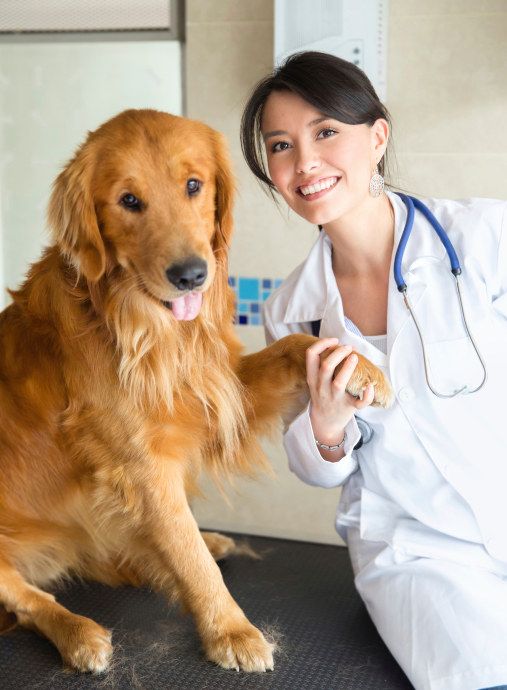
When to Consult a Veterinarian
If you notice any of the following signs, it might be time to consult with a veterinarian:
- Excessive whining or yelping during sleep
- Difficulty getting up or walking after sleeping
- Limping or lameness
- Visible swelling or redness in joints
- Loss of appetite or weight loss.
Related
-
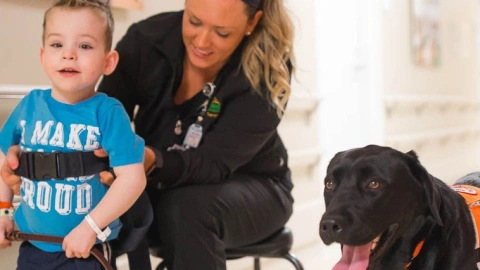
The Healing Power of Dogs: How Canine Therapy is Revolutionizing Mental Health and Boosting Positive Energy in Humans
Dog14 November 2024
-

A Pawsitive History: Dogs of Nuremberg
Dog09 November 2024
-
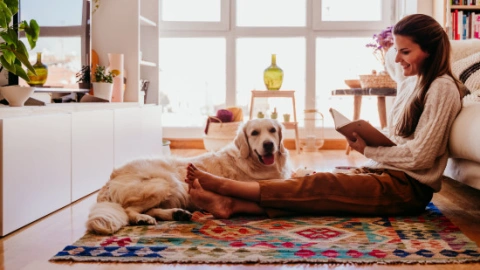
The Role of Oxytocin in the Human-Dog Bond: The Science Behind Our Deep Connection
Dog06 November 2024
-

Beyond the Beach: Jamaica's Dog Lovers
Dog29 October 2024
-

A Dog's Delights: Homemade Snacks for Our Furry Babies, Recipes Included!
Dog29 October 2024
-
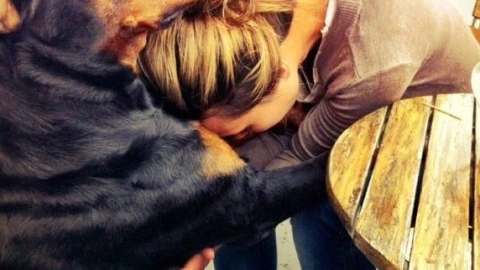
A Dog's Disorientation: Understanding Your Dogs' Wanderlust
Dog29 October 2024
Popular
-

-

A Pawsitive History: Dogs of Nuremberg
09 November 2024 -

-

Beyond the Beach: Jamaica's Dog Lovers
29 October 2024 -
